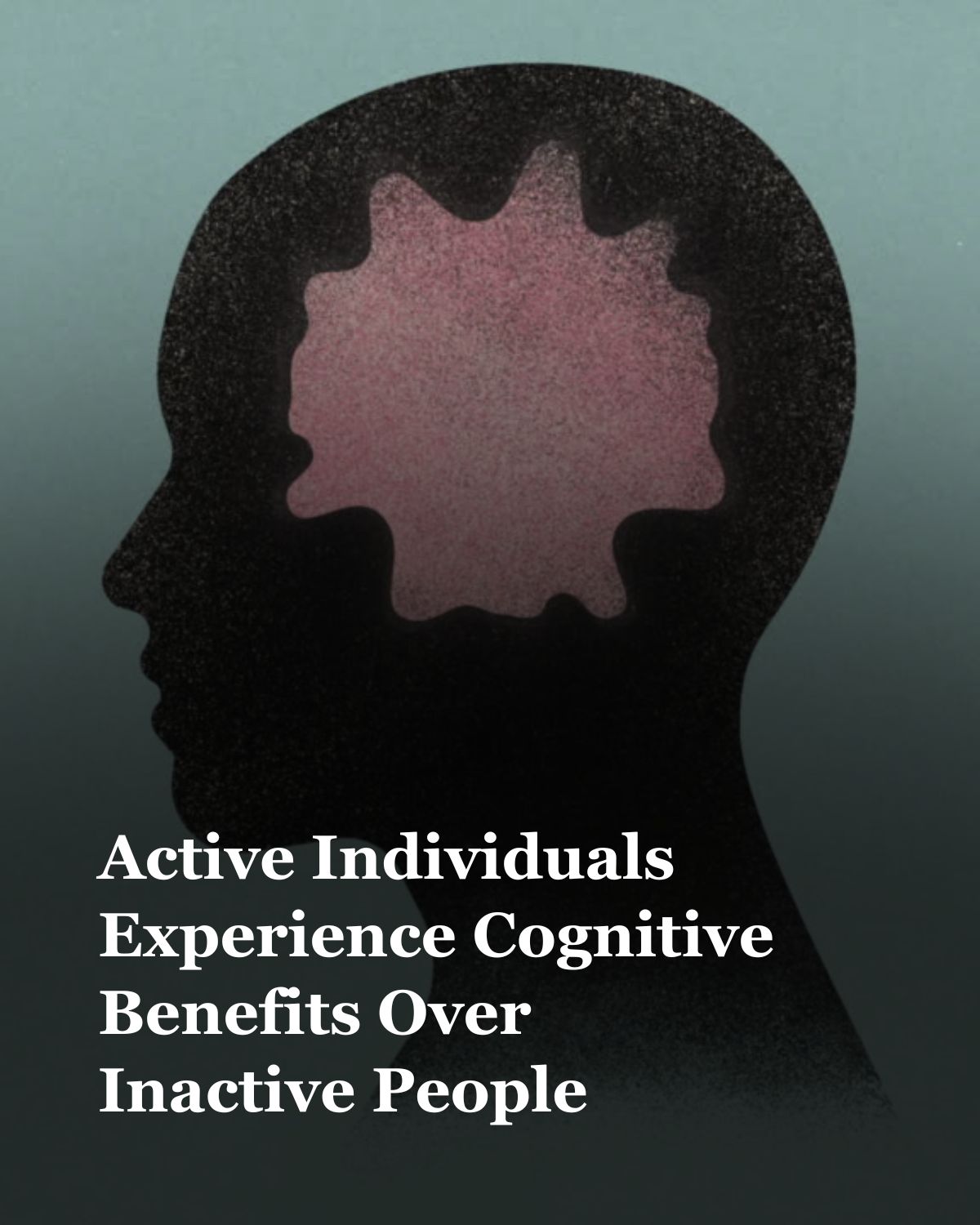
Engaging in regular physical activity not only enhances physical health but also significantly boosts cognitive function. Active individuals—those who engage in consistent physical activity—experience superior cognitive performance compared to their sedentary counterparts. From academic tests to memory and executive function, the benefits are profound.
1. Boosted Academic Performance
Physical activity plays a crucial role in academic success. Studies have consistently shown that individuals who engage in regular exercise perform better on academic achievement tests. Exercise stimulates brain regions involved in memory, attention, and learning, thus helping students retain information more effectively and perform better during tests.
- How? Physical activity increases blood flow to the brain, which enhances neurogenesis (the creation of new brain cells) and supports cognitive functions such as memory consolidation, learning capacity, and retrieval of information during stressful exams.
2. Enhanced Executive Function
Executive functions are a group of mental skills that include planning, decision-making, problem-solving, and multitasking. These abilities are critical for success in school, work, and daily life. Physical exercise has been shown to improve these cognitive abilities by stimulating the release of brain-derived neurotrophic factor (BDNF), a protein essential for brain health.
- How? Aerobic exercise, in particular, has been linked to greater executive function performance, including better focus, task-switching ability, and overall mental flexibility.
3. Faster Processing Speed
Processing speed is the ability to quickly interpret and react to information. It is a key indicator of cognitive efficiency. Those who exercise regularly experience faster reaction times, which enhances their ability to perform tasks that require speed and precision.
- How? Physical activity increases neuroplasticity, which means that the brain is better able to form new connections and processes information more efficiently. This translates into improved reaction times and quicker decision-making abilities.
4. Improved Memory
Exercise is an effective way to improve both short- and long-term memory. Physical activity stimulates the hippocampus—the brain region responsible for memory formation—leading to enhanced recall and retention.
- How? Studies have shown that even moderate physical activity can increase hippocampal volume, improving both working memory and spatial memory. This can be particularly helpful for tasks requiring memorization or recall of detailed information.
5. Reduced Anxiety and Stress
Chronic anxiety and stress can impair cognitive function, but exercise offers an effective antidote. Physical activity has been shown to reduce levels of cortisol (the stress hormone) and increase endorphins, which improve mood and reduce anxiety.
- How? Regular exercise, particularly activities like walking, running, or cycling, has been found to be an excellent way to manage stress. This reduction in anxiety helps to improve mental clarity and overall cognitive function.
6. Better Sleep Quality
Quality sleep is essential for cognitive performance, as it is during sleep that memory consolidation takes place. Regular physical activity has been shown to improve sleep quality, ensuring that the brain functions at its peak during the day.
- How? Exercise promotes deeper sleep by helping individuals fall asleep faster and experience more restorative sleep cycles. The result is improved alertness, concentration, and memory throughout the day.
Conclusion
The cognitive benefits of physical activity are clear. Whether you're a student striving to boost your academic performance or simply looking to improve your mental agility, exercise is a powerful tool. The positive effects extend beyond memory and attention—exercise supports mental health, improves decision-making, and even reduces anxiety, helping individuals to perform better both academically and in everyday life.
With such significant benefits, it’s clear that incorporating physical activity into your routine is one of the most effective ways to boost your cognitive abilities and improve overall brain health.







